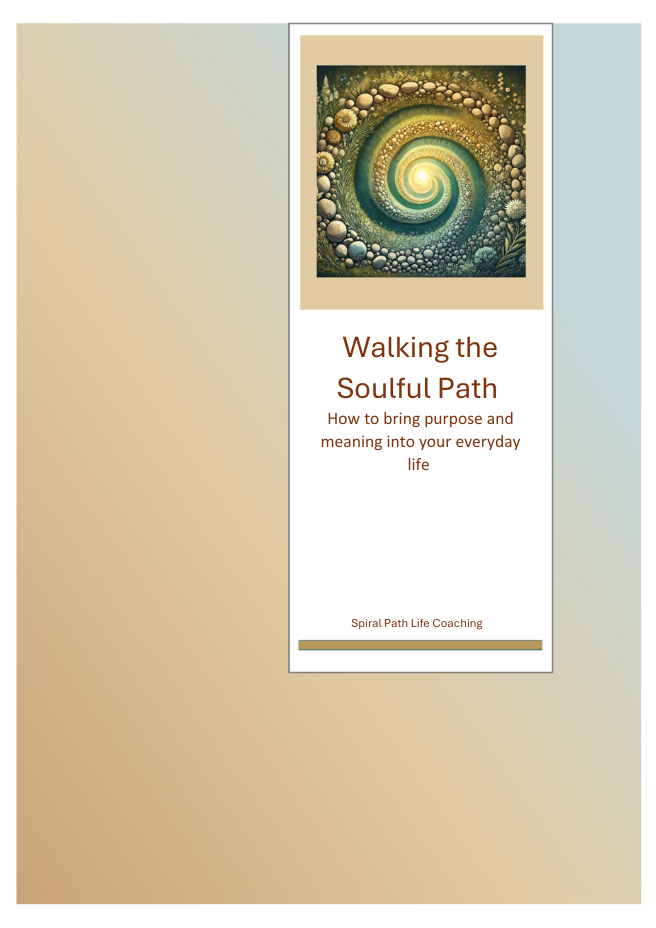Embrace Your True Self. Uncover Your Life’s Purpose.
Welcome to Spiral Path Life Coaching, a nurturing space where clarity, connection, and personal growth thrive.
I’m Christine, the founder and heart behind Spiral Path. My mission is to empower you to embrace your true self, unlock your potential, and design a life aligned with your deepest desires.
With soul-centred guidance, transformative tools, and compassionate support, I’m here to walk alongside you on your journey of self-discovery and purposeful living. Whether you’re feeling uncertain, seeking inspiration, or just exploring possibilities, you’ll find the resources and community to help you along the way.
Together, we’ll explore your inner world, celebrate your strengths, and uncover what makes you come alive. Let’s walk this path toward a more soulful, fulfilling life – one step at a time.
Explore The Spiral Path approach to life purpose coaching- where depth, reflection, and authentic growth come together to create a life of true meaning
Find More Purpose in Your Everyday Life
Feeling stuck in the daily grind?
Sign up for our monthly soulful newsletter and receive your free guide:
“Walking the Soulful Path – How to Bring Purpose and Meaning into Your Everyday Life.

Latest articles
- Finding FlowMihaly Csikszentmihalyi’s Flow: The Psychology of Optimal Experience explores where true fulfillment lies- not in external achievements or fleeting pleasures, but in moments of deep engagement. Flow is that state when challenge and skill are perfectly balanced: time falls away, distractions vanish, and the act itself becomes its own reward. Csikszentmihalyi’s insights remain urgent today. …
- The Self-Directed LifeIn a world that rewards speed and surface, living from the deeper Self is a radical act. The Self-Directed Life explores how we can reclaim meaning, autonomy, and wholeness amid distraction and conformity. Through practices of flow, inner authority, and soulful creativity, this series invites you to live as your truest self – quietly resistant, deeply engaged, and guided from within rather than by the noise around you.
- Introducing the Festivals of Light seriesHope, Renewal & Inner Brightness As the nights draw in and the world feels a little heavier, humanity has always reached for light. Candles, lanterns, hearth fires, lamps glowing in windows – across cultures, light has acted as a quiet declaration: hope lives here. This time of year often invites us into a more reflective …
Continue reading “Introducing the Festivals of Light series”
- Is Domination Inevitable?Reimagining Power, Culture, and the Human Future Riane Eisler’s The Chalice and the Blade challenges one of the deepest assumptions of our culture: that domination and hierarchy are inevitable. First published in 1987, the book argues that human societies have not always lived by the blade. There is another model available to us – symbolised …
- Sensitive, Soulful, and AwakeAs this series on sensitivity concludes, we turn to what comes next. Sensitivity isn’t the end—it’s the threshold. In a world that rewards detachment, sensitive people point toward a new way of being: soulful, awake, and aligned with life. This post explores how traits like emotional literacy, inner calling, and relational wisdom may be the seeds of the future—and why the world needs the sensitive more than ever.
